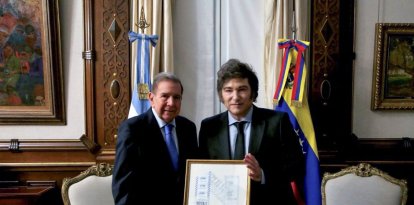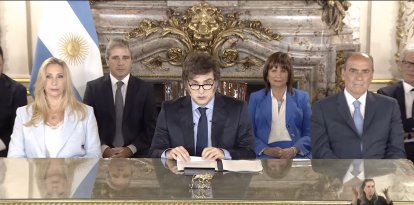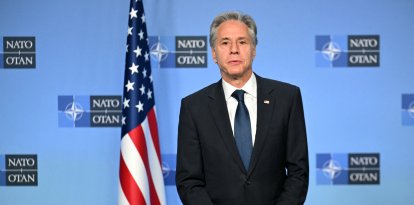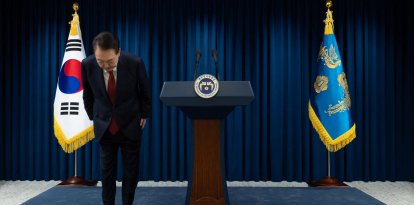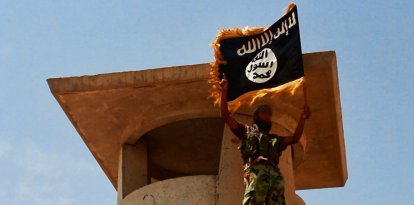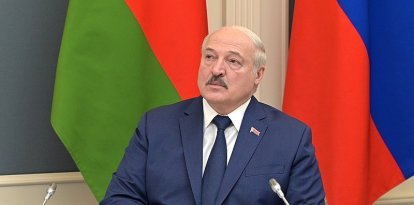The coherence of Benedict XVI
We must thank him for the work he carried out and admire the courage of presenting his resignation for the good of the Church.
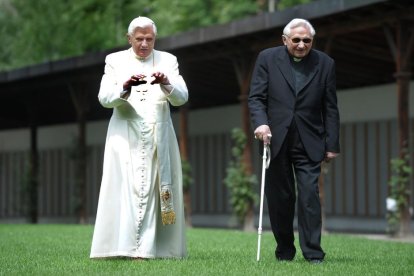
(Cordon Press)
Pope Benedict XVI has announced his decision to resign from the pastoral ministry entrusted to him in April 2005. He does so freely, as he himself has explained, upon realization that he does not have the necessary strength to carry out his mission as he should at a particularly complex time for the world and for the Church.
The news has surprised everyone, and anyone who says otherwise is merely speculating. It comes on a particularly significant day, when the Church celebrates the feast of Mary under the title of Our Lady of Lourdes, a celebration that coincides with the World Day of the Sick. Benedict XVI has never enjoyed excellent health. The extent to which his physical strength has suffered due to age and other problems is unknown, but surely this lack of energy was one of the factors that most influenced his decision.
Today, Feb. 11, also marks the anniversary of the signing of the Lateran Pacts of 1929 and, with them, the creation of the present-day Vatican City state. The Pope, along with his universal pastoral ministry, acts as sovereign over this small but influential territory. Governing the Vatican City is not simple, as the continuous occupation representing the institution is compounded by the difficulty of managing this stagnant Roman Curia, a bureaucratic machine. It has been in need of reform from its very creation and has been the direct cause of many problems during this pontificate. The same people who have tried to torpedo Benedict XVI's work during these almost eight years, through leaks and undignified actions, have been quick to praise his work.
Today, however, it is worth recalling what this pontificate has meant for the Church and for the world. Succeeding John Paul II was not an easy task, and Benedict XVI was aware of this. It is true that he was one of the pillars of John Paul II's pontificate as a cardinal, but moving to the front line was a very different mission. The hateful comparisons began immediately: the question of whether he had more or less charisma than his predecessor; whether he connected better with people or, on the contrary, whether he was distant and cold; whether his terrible past as prefect of the Congregation for the Doctrine of the Faith would result in a dark and retrograde pontificate. Benedict XVI immediately passed over all this speculation. From the very beginning of his ministry, he made it clear what his objective was, to what mission he had been called:
Many, those who conceive of the Church as simply a bureaucratic entity interpreted these words full of common sense as a sign of weakness and thought they could handle an elderly Pope at will. However, Benedict XVI, humble and wise like few others, immediately began to offer signs of interior and exterior renewal. It was, in part, a hard and unpleasant task, as when he had to openly confront the cases of pederasty that for decades had been contaminating the Church all over the world. He did not forget that it was necessary to invite Christians to a greater bond with the Church, and he continued to celebrate multitudinous events such as the World Youth and Family Days. He also made an effort to shape those same Christians, whose life of faith could not be reduced to an external expression of affection for the Pope or a passing illusion. Benedict XVI translated all his intellectual capacity into a language understandable to all. His encyclicals, homilies, catecheses and books demonstrate his interest in explaining the faith to believers in such a way that they can put it into practice in their own lives, to make them see that faith is not only a feeling but, above all, a knowledge of God.
A new stage is now beginning. At the end of this month, once the resignation is effective, a new conclave will be convened and a new Bishop of Rome will be elected. This is not the time to speculate about possible candidates, which lacks interest and certainty. It is the time to thank Benedict XVI for the work he has done in recent years and to admire the courage he has shown in tendering his resignation for the good of the Church.
NOTE: This text was published in the newspaper Libertad Digital on the day Benedict XVI announced his resignation from the Papacy, Feb. 11, 2013.













